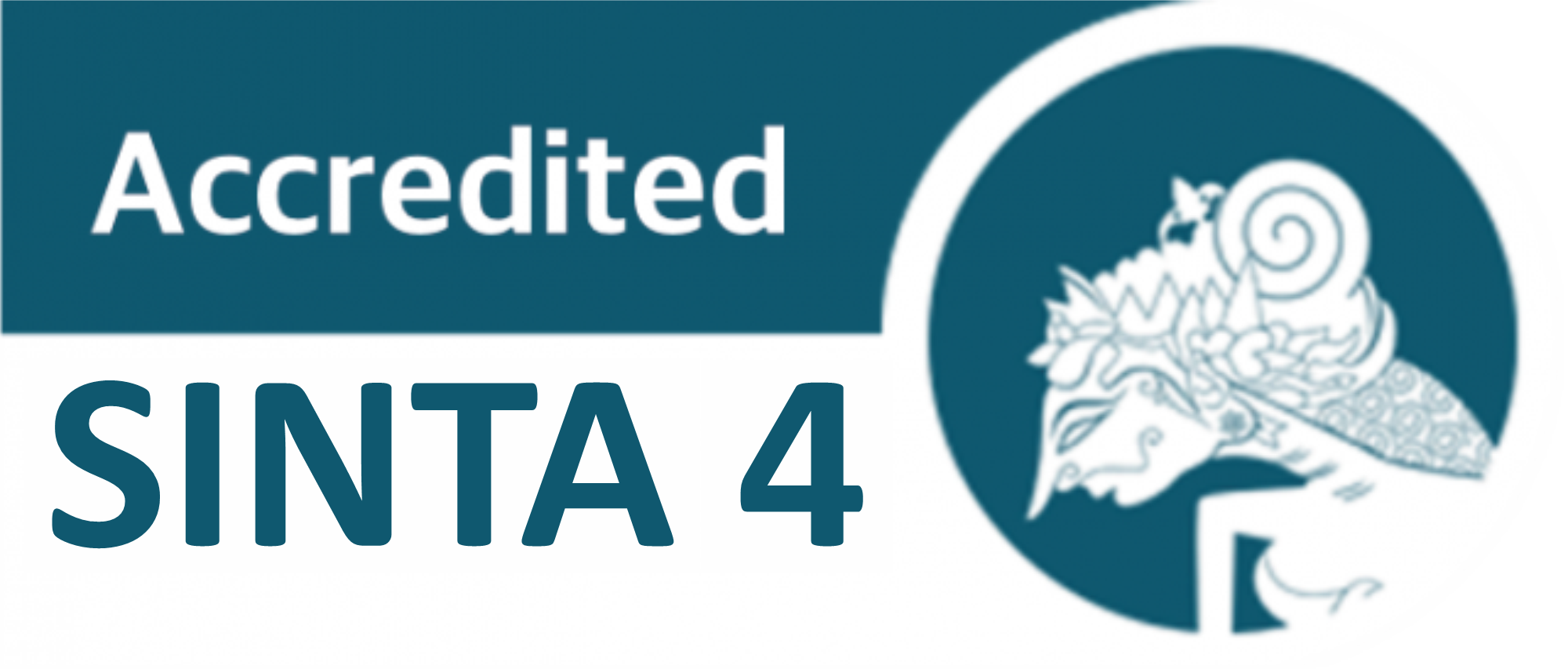MANAGEMENT OF INTERNAL CULTURAL ARTS SANGGAR PENGHULU: OMPEK GANJI LIMO GONOK TRADITION FESTIVAL IN KIBUL VILLAGE
DOI:
https://doi.org/10.24114/gr.v13i2.61735Keywords:
Sanggar Seni Budaya Batin Penghulu, Festival Oral tradition, Ompek Ganji Limo GonokAbstract
The purpose of this study is to ascertain how the Ompek Ganji Limo Gonok Oral Tradition festival (OGLG) in West Tabir District is processed by the Sanggar Seni Batin Penghulu. This study employed a qualitative approach, including observation, interviews, and recording; the presenting method was descriptive qualitative. Sanggar Seni Batin Penghulu combines traditional management and modern management. The results of OGLG oral tradition management consist of planning, organization, implementation, and supervision. The planning carried out by the Sanggar Seni Batin Penghulu included creating concepts, coordinating meetings, and dividing work tasks, administrative preparations, and making technical instructions. The organization carried out is the division of work tasks and preparing strategies and tactics to create a festival. The implementation carried out is applying everything that has been designed. This activity consists of an oral tradition competition, an oral tradition workshop, a culinary competition, and an oral tradition performance. The departments responsible for supervision are the Kementerian Pendidikan, Kebudayaan, Riset dan Teknologi, and the Dinas Pendidikan dan Kebudayaan Kabupaten Merangin. The ministry receives direct information on the finances and operations of Sanggar Seni Batin Penghulu Inner Culture.References
Ayuni, A., & Efi, A. (2020). Manajemen Festival Seni Pertunjukan Pekan Nan Tumpah di Provinsi Sumatera Barat. Gorga: Jurnal Seni Rupa. 09(1): 100-107.
Ediwar, Muliati. R., Loravianti, S., Widodo S.S.S, Sentot., & Abdullah, Z. (2023). The Role Silek as A Source of Science. Digital Press Social Sciences and Humanities 9: 00004.1-10
Haikal, M.F., & Faizul A.S, Muhammad. (2023). “Utilization of Management in Disseminating Da’wah Using Uocial Media.” WJARR: World Journal of Advanced Research and Reviews 17(1):1271–74. doi: 10.30574/wjarr.2023.17.1.0208.
Hamidy, F., Surahman, A., & Hikmah F, Revi. (2022). “Perancangan Sistem Informasi Akuntansi Apotek Menggunakan Metode MPKP (FIFO).” Jurnal Tekno Kompak 16(2):188–99.
Haryono, E. (2023). “Metodologi Penelitian Kualitatif Di Perguruan Tinggi Keagamaan Islam.” An-Nuur 13(2).
Marliani, R., & Suklani. (2023). “Perencanaan Personal Dan Sistem Perekrutan SDM (Guru) Di Sekolah.” Entitas: Jurnal Pendidikan dan Teknologi Pembelajaran 1(2):225–32.
Mariana, D., Oktariani, D., & Ismunandar. (2023). Manajemen Organisasi Sanggar Seni Kesumba di Kabupaten Mempawah. Gorga: Jurnal Seni Rupa, 12(02), 276-286
Mulyono, & Puspitasari S, Emilia. (2023). “Pelatihan Dosen Keperawatan Tentang Penerepan Sistem Informasi Dokumentasi Keperawatan.” Jurnal Peduli Masyarakat 5(3):2715–6524.
Naif, Maria M., & Watini, S. (2022). “Implementasi Metode Bernyanyi Asyik, Dalam Meningkatkan Semangat Belajar Anak Pada TK MGR. Gabriel Manek Bekasi.” Jurnal Pendidikan dan Konseling 4(5):1729–36.
Najah, D. S., & Fahruddin. (2022). “Development of Human Resources Management in Increasing the Quality of Education Reviewing from Planning Aspects.” International Journal of Social Science Research and Review 5(7):82–88.
Nuralan, S., Khaerul U.B.K, Muhammad., & Haslinda. (2022). “Analisis Gaya Belajar Siswa Berprestasi Di SD Negeri 5 Tolitoli.” PENDEKAR JURNAL: Pengembangan Pendidikan DanPembelajaran Sekolah Dasar 1(1):13–24.
Nurmaulida, W., Irawan., & Priatna, T. (2023). “Penerapan Manajemen Sains Dan Teknologi Di Sekolah Menengah Pertama Islam Cendekia Cianjur.” Pandu : Jurnal Pendidikan Anak Dan Pendidikan Umum 1(1):9–13. doi: 10.59966/pandu.v1i1.9.
Nursabit, A., Apriani, E., & Komaludin. (2023). “Manajamen Sarana Dan Prasarana Pendidikan Jurusan Teknik Komputer Jaringan Di Sekolah Menengah Kejuruan Negeri 1 Cijulang.” Jurnal Pelita Nusantara 1(1):1–5. doi: 10.59996/jurnalpelitanusantara.v1i1.112.
Saputra, F., & Ali, H. (2022). “Penerapan Manajemen POAC: Pemulihan Ekonomi Serta Ketahanan Nasional Pada Masa Pandemi Covid-19 (Literature Review Manajemen POAC).” JIMT: Jurnal Ilmu Manajemen Terapan 3(3):316–28. doi: 10.31933/jimt.v3i3.733.
Sarita, A.A., & Imawati, E. (2022). “Peningkatan Keterampilan Memahami Teks Laporan Hasil Observasi Menggunakan Metode Diskusi Siswa Kelas Viii.” Prosiding Seminar Akademik Pendidikan Bahasa dan Sastra Indonesia 1(1):39–46.
Subagio, A., Mudiyono, R., & Sumirin. (2022). "Do Project Management Determine Successful Completion of Projects? A Study of Indonesian Contractors". BRCI: Budapest International Research and Critics Institute-Journal 5(4):30995–5. doi: https://doi.org/10.33258/birci.v5i4.7286.
Syafrizal., Efi, A., & Budiwirman. (2022). Management Event Seni Pertunjukan Performance Art. Gorga: Jurnal Seni Rupa. 11(02):246-252.
Waruwu, M. (2023). “Pendekatan Penelitian Pendidikan: Metode Penelitian Kualitatif, Metode Penelitian Kuantitatif Dan Metode Penelitian Kombinasi (Mixed Method).” Jurnal Pendidikan Tambusai 7(1):2896–2910Contractors.” Pondasi 27(2):240–47. doi: 10.30659/pondasi.v27i2.28371.
Yasin, M. (2022). “Pelaksanaan Manajemen Kurikulum Pesantren Dalam Membentuk Karakter Mandiri Santri.” Diajar: Jurnal Pendidikan Dan Pembelajaran 1(1):72–79. doi: 10.54259/diajar.v1i1.192.
Downloads
Published
How to Cite
Issue
Section
License
Copyright (c) 2024 muyu febra muyu

This work is licensed under a Creative Commons Attribution-ShareAlike 4.0 International License.
Copyright
Authors published in this journal agree to the following terms:
- The copyright of each article is retained by the author (s).
- The author grants the journal the first publication rights with the work simultaneously licensed under the Creative Commons Attribution License, allowing others to share the work with an acknowledgment of authorship and the initial publication in this journal.
- Authors may enter into separate additional contractual agreements for the non-exclusive distribution of published journal versions of the work (for example, posting them to institutional repositories or publishing them in a book), with acknowledgment of their initial publication in this journal.
- Authors are permitted and encouraged to post their work online (For example in the Institutional Repository or on their website) before and during the submission process, as this can lead to productive exchanges, as well as earlier and larger citations of published work.
- Articles and all related material published are distributed under a Creative Commons Attribution-ShareAlike 4.0 International License.
License
Gorga : Jurnal Seni Rupa is licensed under a Creative Commons Attribution-ShareAlike 4.0 International License.










